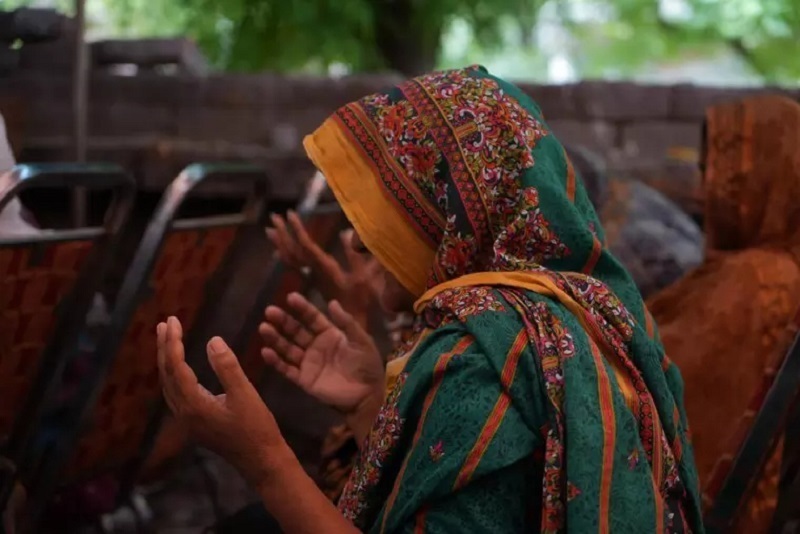
The Pakistan Federal High Court on Tuesday ordered the government to establish an inquiry commission within 30 days to investigate the widespread misuse and blatant abuse of blasphemy laws.
Justice Sardar Ejaz Ishaq Khan of the Islamabad High Court (IHC) mandated the formation of this body to look into the extensive pattern of misuse of the laws, which were strengthened during the 1980s by military ruler Gen. Ziaul Haq in what appeared to be an effort to secure support from Islamist groups and protect perceptions of Muhammad, the prophet of Islam, and the Quran.
Justice Khan issued the order during a hearing involving multiple blasphemy cases, which often featured allegations of repeated abuse.
Families of more than 100 victims of false blasphemy accusations claimed that officials from the anti-blasphemy unit of the cybercrime section of the Federal Investigation Agency (FIA), along with lawyers and others, conspired to honey-trap innocent individuals, including Christians, into sharing content perceived as blasphemous.
They accused these officials of using such content to extort money by threatening legal action, and those who refused to pay faced prosecution under blasphemy laws, exposing them to vigilante violence. Research groups have documented that several individuals accused of blasphemy have been killed extra-judicially by Muslim extremists over the years.
The petition in the Islamabad High Court was first filed in September 2024, and the court conducted at least 42 hearings before issuing the directive to the federal government. The court also stated that the commission must complete its investigation within four months, although it can request an extension if necessary.
The Centre for Research and Security Studies (CRSS) reported a total of 701 blasphemy cases from 1947 to 2021, during which 1,415 persons were accused—1,308 men and 107 women. It documented that at least 89 people were killed and 30 injured in related violence, including 72 men and 17 women.
The data indicated a sharp rise in cases following the 1986 amendments introduced by Haq, which made blasphemy a capital offense. Before those changes, only 11 cases had been reported, with three people killed.
The National Commission for Human Rights noted a disturbing increase in blasphemy charges from October 2023 to July 2024, which it alleged were largely fueled by entrapment through pornographic and blasphemous websites. It stated, “The investigation’s findings highlighted a troubling trend: a sharp increase in registration of blasphemy cases, the majority of which were initiated by the FIA’s cybercrime unit, frequently in collaboration with a private entity.”
The report linked the surge in cases to the implementation of the Prevention of Electronic Crimes (Amendment) Act of 2018. It revealed that young men were targeted through entrapment tactics involving female operatives with fake identities who lured them into blasphemous activities online, leading to their subsequent arrests.
The report provided detailed figures, noting that 11 blasphemy cases were reported in 2020, nine in 2021, 64 in 2022, 213 in 2023, and 767 through July 2024.
The data from CRSS also indicated the religious backgrounds of those accused between 1947 and 2021, which included 947 Muslims and 421 non-Muslims, with 47 cases’ religious affiliations unknown. Among the non-Muslims, 225 were Christians, followed by 174 Ahmadis, 20 Hindus, and one Sikh and Buddhist each.



















